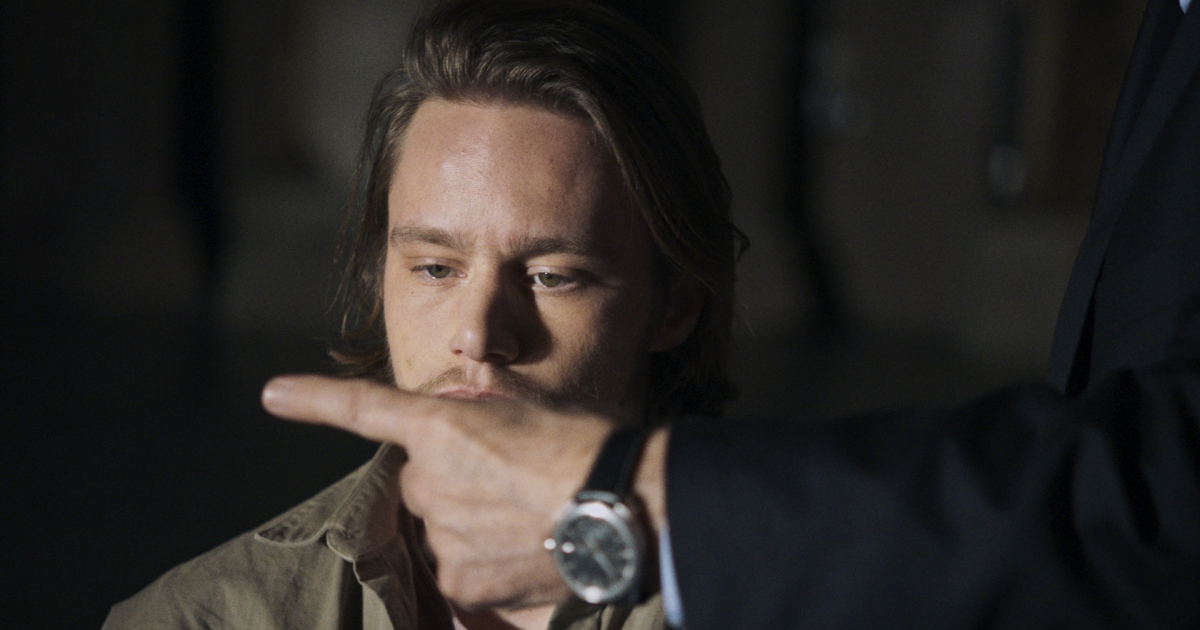Through the eyes of a refugee

In the back of our minds we know full well what’s happening, but we’re far removed. Physically and emotionally. So, to create a greater understanding we brought the grueling story of one refugee close. Really close. We conducted an experiment that mimicked the harrowing experience of one refugee.
Participants underwent Marwa’s journey. Under hypnosis. They duck when missiles are fired at their house. They cry out when they find their siblings body parts in the rubble. They scream for help when people are brutally murdered in front of them. And they gasp out in pain when experiencing extreme malnutrition.
Their hypnotic journey is filmed and the moving footage is shown once they’ve woken up. Participant are confronted with their own traumatic reactions, which are only amplified once they meet Marwa, the person whose reality this really was. The impact of the experience is highly visible through the real emotion that is conveyed.
INSIGHTS
We’ve been able to create quite some impact in just 5 days. We’ve gained an organic reach of 21M people from all over the world. And we’re still counting. It was trending on YouTube in The Netherlands. And on Facebook, the video has more shares than likes, which is our first indicator of the profound effect this video is having on people across the globe. With this video, we hope to plant a seed for real change; to open eyes by looking through the eyes of a refugee.
We want to emphasize that the people used in the experiment are not actors. They’ve been screened and briefed on the process beforehand, but in no way, have they been influenced how to act or feel. Moreover, candidates received intensive after-care after the experience.
The hypnotherapist, Jos Claus, is well-known for his craftsmanship with high credibility in the hypnosis world. He has his own private practice and has worked with several universities were hypnosis is used in progressing health care.
Every year, hundreds of thousands of refugees embark on a life-threatening journey. Even if they survive the trip across the ocean, they’ll often fall in the hands of smugglers. Risking exploitation, kidnapping, rape or murder. And once they reach their final destination, a place that should offer a safe haven, they often face racism, xenophobia and discrimination. It seems as if (Dutch) people have forgotten what refugees are: people. People, who left their country, their home, their belongings, their people. Because their lives are at stake.
And while the Refugee Crisis was intensely covered by the media, the impact of that turmoil debate has since died down. But the situation hasn’t changed. That’s why, in anticipation of this winter, Amnesty International wants a campaign that sparks conversation once more. A campaign that triggers empathy and understanding amongst viewers. A campaign that will be open eyes and be the seed for a different social atmosphere.
Strategy
To open people’s eyes, we must look through the eyes of refugees. With this strategy in mind we created and conducted an experiment that mimicked the real-life journey of one refugee, named Marwa*. Participants (not actors by any means) go through Marwa horrific experiences whilst on the run. Under hypnosis. Throughout the hypnotic journey, we witness their reactions and facial expression.
Participants duck when missiles are fired at their house. They cry out when they find their siblings body parts in the rubble. They scream for help when people are brutally murdered in front of them. And they gasp out in pain when experiencing extreme malnutrition.
Participants are presented with the emotional footage once they’ve woken up. They’re confronted with their own traumatic reactions, which are only amplified once they meet Marwa, the person whose reality this was.
We’ve been able to create quite some impact, in just 5 days. We’ve gained an organic reach of 21M people from all over the world. And we’re still counting. It was trending on YouTube in The Netherlands. And on Facebook, the video has more shares than likes, which is our first indicator of the profound effect this video is having on people across the globe.
*Psychological research shows that people tend to feel more empathy and compassion for single victims than groups of victims.
